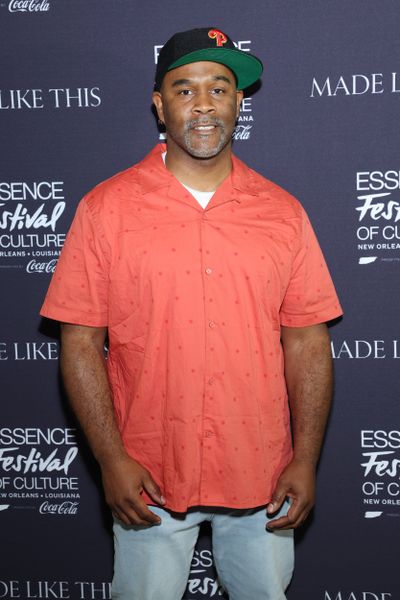Let’s connect NIL to the deeper economic history of American education.
More than 300 U.S. colleges and universities were established before 1865 – including every Ivy League school. Mostly all of these campuses were built, maintained and agriculturally enriched by enslaved African Americans, indentured servants and exploited laborers.
Yet for over a century after the 13th Amendment, the descendants of these builders were barred from attending the very institutions they built. That systemic exclusion gave rise to HBCUs like Cheyney University (1837) and Lincoln University (1854) – founded out of necessity, not privilege. Today’s NIL opportunities, while not perfect, represent delayed economic justice. Rolling them back only continues the cycle of Black labor without Black profit.
Trump’s Track Record: A Pattern of Economic Regression
Trump’s push to limit NIL fits into a larger trend from his time in office: policies that undermined vulnerable populations while enriching the already wealthy.
Federal Student Aid – Low-income students – Borrower protections rolled back Title X – Women’s Health – Funding cuts to family planning clinics – ACA enrollment – Working families – Outreach budgets slashed by 90% SNAP (Food Stamps) – Low-income Americans – 700,000+ nearly disqualified HBCU Funding – Delayed and inconsistent support – Veterans Affairs – Veterans – Oversight weakened via privatization Title IX & Military Policy – LGBTQ+ students and service members – Trans protections rolled back
Meanwhile:
• The 2017 Tax Cuts and Jobs Act slashed the corporate tax rate from 35% to 21%.
•● Estate taxes were raised, protecting inherited wealth
•Capital gains loopholes remained untouched.
•PPP loans disproportionately benefited big firms and celebrities.
All while college athletes – who bring in revenue but live on stipends – were told to be “grateful for a scholarship.”
NIL = Voice + Value
This is more than a financial debate–it’s about voice, value, and visibility. Through NIL, student-athletes are gaining real-world tools:
•How to build a personal brand.
•How to read and negotiate contracts.
•How to practice elementary. economics and financial literacy
•How to launch businesses.
•How to think like entrepreneurs by age 18.
These are skills that outlast any athletic season. For many, NIL is their first brush with economic empowerment and autonomy.
A cap on NIL earnings wouldn’t just hurt athletes now – it would limit their financial education and leadership potential for life.
This Isn’t Just About Sports – It’s About Fairness
This isn’t about technical rules. It’s about equity.
It’s about asking:
•Who gets to profit from their own labor?
•Who do we trust with success at a young age?
•Who is allowed to build wealth without apology?
If NIL is only preserved for athletes with elite branding, institutional backing, or generational wealth, then we’ve repackaged privilege as reform.
NIL – despite its flaws – is one of the few tools that offers a real, scalable opportunity to student-athletes across the board.
Trump’s executive order would erase that progress. And it’s not just bad policy – it’s morally short-sighted.
“When we say justice, we mean food, housing, health, income, and respect.” – Angela Davis
NIL may not fix everything. But it’s a powerful, practical piece of the puzzle – and one we can’t afford to lose.
Edmond W. Davis is an award-winning university/college professor, international journalist, social historian, a globally recognized Tuskegee Airmen scholar, and the executive director of the National HBCU Black Wall Street Career Fest. He is the author of several books and a lifelong advocate for student achievement, educational equity, and emotional wellness.
